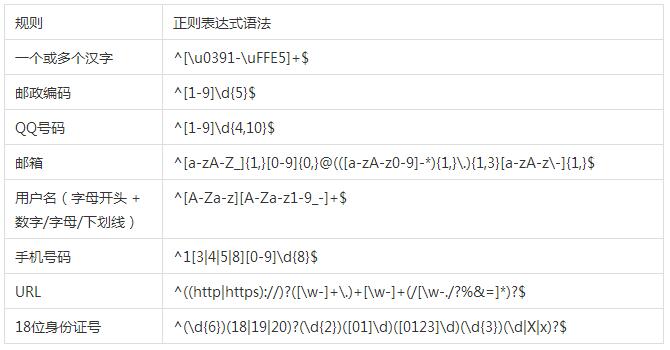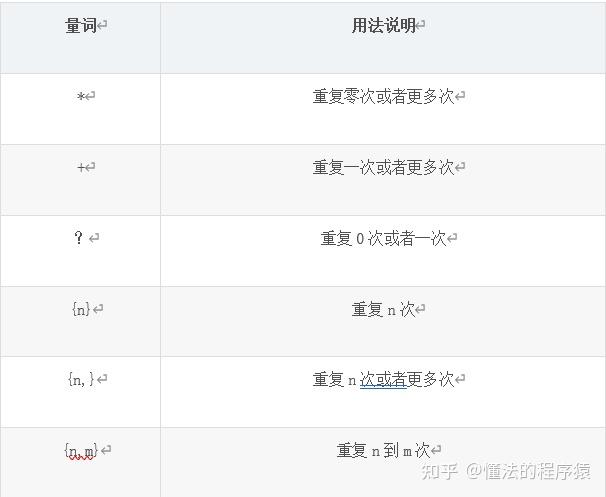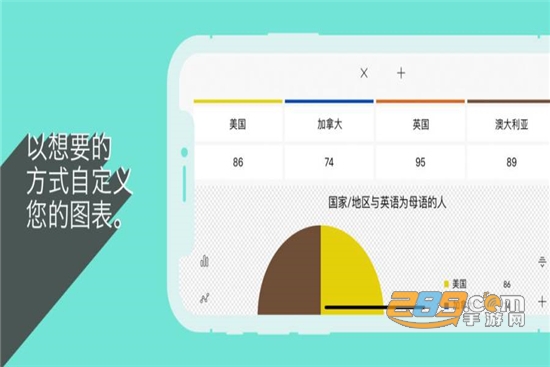java odata表达式转换sql-认知搜索正式语法描述所有形式的OData表达式作为参数
发布时间:2023-06-09 10:08 浏览次数:次 作者:佚名
本文内容
Azure 认知搜索在整个 API 中使用 OData 表达式作为参数。 最常见的是,OData 表达式用于 $orderby 和 $filter 参数。 这些表达式可能很复杂,包含多个子句、函数和运算符。 但是,甚至简单的 OData 表达式(如属性路径)都在 Azure 认知搜索 REST API 的许多部分中使用。 例如,路径表达式用于引用 API 中各处的复杂字段的子字段,例如在建议器、评分函数、$select 参数,甚至在 Lucene 查询中的字段搜索中列出子字段时。
本文使用正式语法描述所有这些形式的 OData 表达式。 还有一个java odata表达式转换sql,以帮助直观地探索语法。

正式语法

我们可以使用 EBNF(扩展巴科斯-瑙尔范式)语法描述 Azure 认知搜索支持的 OData 语言的子集。 规则以“自上而下”的方式列出,从最复杂的表达式开始,并将其分解为更原始的表达式。 顶部是与 Azure 认知搜索 REST API 的特定参数相对应的语法规则:

EBNF 之后是一个可浏览的语法图java odata表达式转换sql,可用于交互式地探索语法及其规则之间的关系。

/* Top-level rules */
filter_expression ::= boolean_expression
order_by_expression ::= order_by_clause(',' order_by_clause)*
select_expression ::= '*' | field_path(',' field_path)*
field_path ::= identifier('/'identifier)*
/* Shared base rules */
identifier ::= [a-zA-Z_][a-zA-Z_0-9]*
/* Rules for $orderby */
order_by_clause ::= (field_path | sortable_function) ('asc' | 'desc')?
sortable_function ::= geo_distance_call | 'search.score()'
/* Rules for $filter */
boolean_expression ::=
collection_filter_expression
| logical_expression
| comparison_expression
| boolean_literal
| boolean_function_call
| '(' boolean_expression ')'
| variable
/* This can be a range variable in the case of a lambda, or a field path. */
variable ::= identifier | field_path
collection_filter_expression ::=
field_path'/all(' lambda_expression ')'
| field_path'/any(' lambda_expression ')'
| field_path'/any()'
lambda_expression ::= identifier ':' boolean_expression
logical_expression ::=
boolean_expression ('and' | 'or') boolean_expression
| 'not' boolean_expression
comparison_expression ::=
variable_or_function comparison_operator constant |
constant comparison_operator variable_or_function
variable_or_function ::= variable | function_call
comparison_operator ::= 'gt' | 'lt' | 'ge' | 'le' | 'eq' | 'ne'
/* Rules for constants and literals */
constant ::=
string_literal
| date_time_offset_literal
| integer_literal
| float_literal
| boolean_literal
| 'null'
string_literal ::= "'"([^'] | "''")*"'"
date_time_offset_literal ::= date_part'T'time_part time_zone
date_part ::= year'-'month'-'day
time_part ::= hour':'minute(':'second('.'fractional_seconds)?)?
zero_to_fifty_nine ::= [0-5]digit
digit ::= [0-9]
year ::= digit digit digit digit
month ::= '0'[1-9] | '1'[0-2]
day ::= '0'[1-9] | [1-2]digit | '3'[0-1]
hour ::= [0-1]digit | '2'[0-3]
minute ::= zero_to_fifty_nine
second ::= zero_to_fifty_nine
fractional_seconds ::= integer_literal
time_zone ::= 'Z' | sign hour':'minute
sign ::= '+' | '-'
/* In practice integer literals are limited in length to the precision of
the corresponding EDM data type. */
integer_literal ::= sign? digit+
float_literal ::=
sign? whole_part fractional_part? exponent?
| 'NaN'
| '-INF'
| 'INF'
whole_part ::= integer_literal
fractional_part ::= '.'integer_literal
exponent ::= 'e' sign? integer_literal
boolean_literal ::= 'true' | 'false'
/* Rules for functions */
function_call ::=
geo_distance_call |
boolean_function_call
geo_distance_call ::=
'geo.distance(' variable ',' geo_point ')'
| 'geo.distance(' geo_point ',' variable ')'
geo_point ::= "geography'POINT(" lon_lat ")'"
lon_lat ::= float_literal ' ' float_literal
boolean_function_call ::=
geo_intersects_call |
search_in_call |
search_is_match_call
geo_intersects_call ::=
'geo.intersects(' variable ',' geo_polygon ')'
/* You need at least four points to form a polygon, where the first and
last points are the same. */
geo_polygon ::=
"geography'POLYGON((" lon_lat ',' lon_lat ',' lon_lat ',' lon_lat_list "))'"
lon_lat_list ::= lon_lat(',' lon_lat)*
search_in_call ::=
'search.in(' variable ',' string_literal(',' string_literal)? ')'
/* Note that it is illegal to call search.ismatch or search.ismatchscoring
from inside a lambda expression. */
search_is_match_call ::=
'search.ismatch'('scoring')?'(' search_is_match_parameters ')'
search_is_match_parameters ::=
string_literal(',' string_literal(',' query_type ',' search_mode)?)?
query_type ::= "'full'" | "'simple'"
search_mode ::= "'any'" | "'all'"

语法图
若要直观地探索 Azure 认知搜索支持的 OData 语言语法,请尝试交互式语法图:
Azure 认知搜索的 OData 语法图
另请参阅


 上一篇
上一篇 








